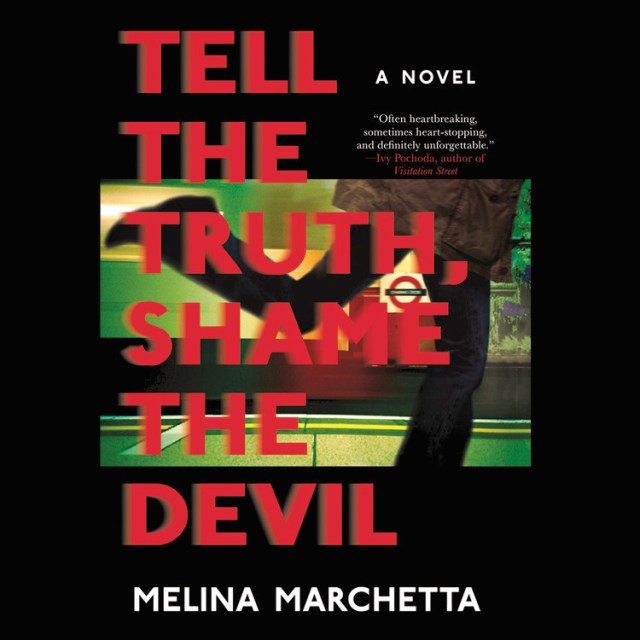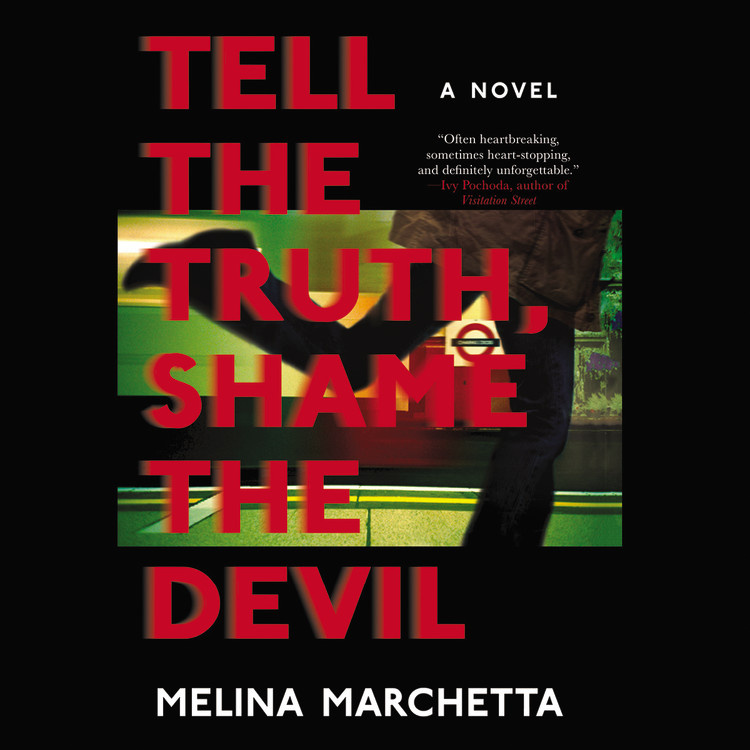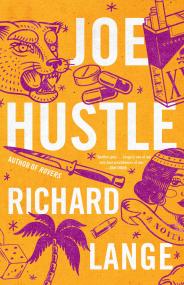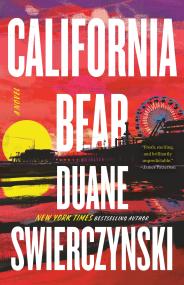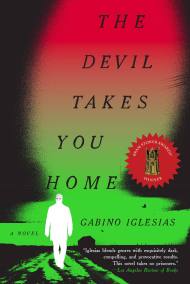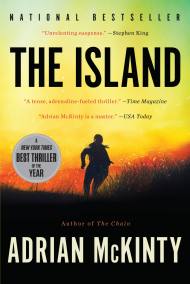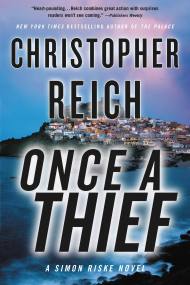By clicking “Accept,” you agree to the use of cookies and similar technologies on your device as set forth in our Cookie Policy and our Privacy Policy. Please note that certain cookies are essential for this website to function properly and do not require user consent to be deployed.
Tell the Truth, Shame the Devil
Contributors
Read by Zaqi Ismail
Formats and Prices
- On Sale
- Oct 11, 2016
- Publisher
- Hachette Audio
- ISBN-13
- 9781478907497
Format
Format:
- Audiobook Download (Unabridged)
- Trade Paperback $24.99 $32.99 CAD
This item is a preorder. Your payment method will be charged immediately, and the product is expected to ship on or around October 11, 2016. This date is subject to change due to shipping delays beyond our control.
Buy from Other Retailers:
When Bish Ortley, a recently suspended cop, receives word that a bus carrying his daughter has been bombed, he rushes to be by her side. A suspect has already been named: a 17-year-old girl who has since disappeared from the scene. The press has now revealed that she is the youngest member of one of London’s most notorious families.
Years earlier, they were implicated in an attack that left dozens dead. Has the girl decided to follow in their footsteps? To find her, Bish must earn the trust of her friends and family, including her infamous mother, now serving a life sentence in prison.
But even as he delves into the deadly bus attack that claimed five lives, the ghosts of older crimes become impossible to ignore. A gripping fusion of literary suspense and family drama, Tell the Truth, Shame the Devil is a fast-paced puzzle of a novel that will keep reader feverishly turning pages.
“More than a crime story; it’s jam-packed with family drama and heartbreak. Highly recommended for suspense and mystery fans.” — Library Journal
Genre:
-
Praise for Tell The Truth, Shame the Devil:Markus Zusak, bestselling author of The Book Thief
"Each new Melina Marchetta novel is a revelation. She's always changing, always evolving, and each one performs the miracle of somehow bettering the last--and TELL THE TRUTH, SHAME THE DEVIL does exactly that. A novel of great scope, of past and present, and above all, the Marchetta trademark of a fierce and loving heart." -
"When you spend roughly 400 pages with characters and it still doesn't feel like enough you know you've read a great book. Actually, an excellent book. [It] expertly slices out every human emotion. I can only hope I will get to meet these characters again in a future book."Jamie Canaves, BookRiot
-
"Marchetta's stunning adult debut....Emotionally complex characters complement an intricate plot rife with dizzying twists and devastating reveals. This visceral read manages to capture the emotional aftermath of a mass tragedy while sustaining tension and delivering a scathing indictment of racial profiling, vigilante justice, and the 24-hour news cycle."Publishers Weekly (starred review)
-
"Along with its wellrounded and likable characters, this is more than a crime story; it's jam-packed with family drama and heartbreak. Highly recommended for suspense and mystery fans."Kristen Calvert, Library Journal (starred review)
-
"Marchetta's smooth writing and flair for dialogue combine for a mostly seamless read."Kirkus Reviews
-
"I might have held my breath the entire time I was reading Melina Marchetta's heart-pounding (and heartbreaking) new novel. Part crime story, part family drama, part love story, TELL THE TRUTH, SHAME THE DEVIL grabbed me by the throat and didn't let go until I'd read the last word--and shed the last tear."Gayle Forman, bestselling author of If I Stay and Leave Me
-
"Loved it! TELL THE TRUTH, SHAME THE DEVIL is a stunning marriage of global anguish and personal pain. It's often heartbreaking, sometimes heart-stopping, and definitely unforgettable."Ivy Pochoda, author of Visitation Street
-
"A cracking read that's also timely and intelligent....Marchetta is a master storyteller. Tell the Truth, Shame the Devil deserves to be on the bedside table of every crime fan."The Saturday Paper (Australia)
-
"....the characters [Marchetta] introduces are rich and complex. They'll soon be swept up in this swift thriller and call for more installments in Bish's tale."Cat Acree, BookPage
-
"Tell the Truth, Shame the Devil brilliantly captures the confusion of father-daughter relationships, the double-edged sword of redemption, and the destructive societal fear of "The Other." Alternating between dozens of perspectives, Tell the Truth, Shame the Devil is a wide-lens view of how one act of violence can reverberate for years and years in countless different lives and countless different places."Cristina Arreola, Bustle
-
"There's much complexity and beauty in Melina Marchetta's resonating Tell the Truth, Shame the Devil. While large in scope, exploring timely issues such as terrorism, racism, the plight of immigrants and social media's lynch-mob mentality, the book also tells the heartrending personal stories of multidimensional and memorable characters."Elyse Dinh-McCrillis, Shelf Awareness (starred review)
-
"These stories, and the characters she introduces, are as much about the changing social and cultural climate of western Europe --- and the distrust and fear that too often accompany those changes --- as they are about any specific incident of violence. The book urges all of us to take a step back and consider --- as well as confront --- our own inherent biases."Norah Piehl, BookReporter
-
"Marchetta seems to have inside knowledge of the mysterious processes of the teenage brain. A busload of quarrelsome, immature adolescents doesn't daunt her in the least.... Her young characters all stand out as individuals. Even at their most infuriating, they're always believable."Marilyn Stasio, New York Times Book Review
-
"A multi-layered book with a big heart that accords every character we encounter - and there are many - a backstory that serves to illustrate just how profoundly people's lives may be shaped by the forces of history over which they have no control. Marchetta does this seamlessly, while her characters spring to life on the page....a beautifully conceived crime novel that continues to resonate long after you reach the last page."Sue Turnbull, Sydney Morning Herald
Newsletter Signup
By clicking ‘Sign Up,’ I acknowledge that I have read and agree to Hachette Book Group’s Privacy Policy and Terms of Use
